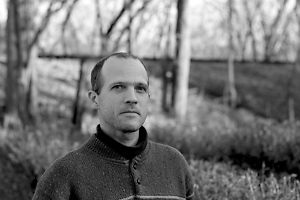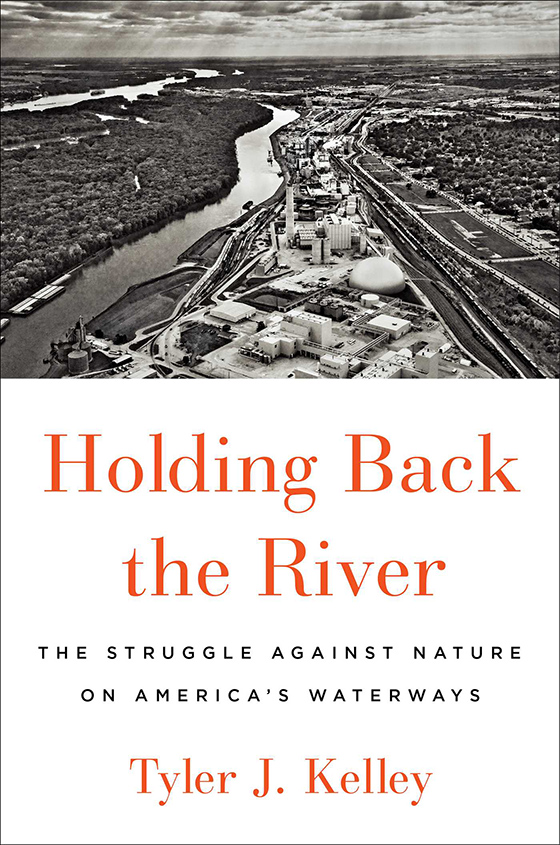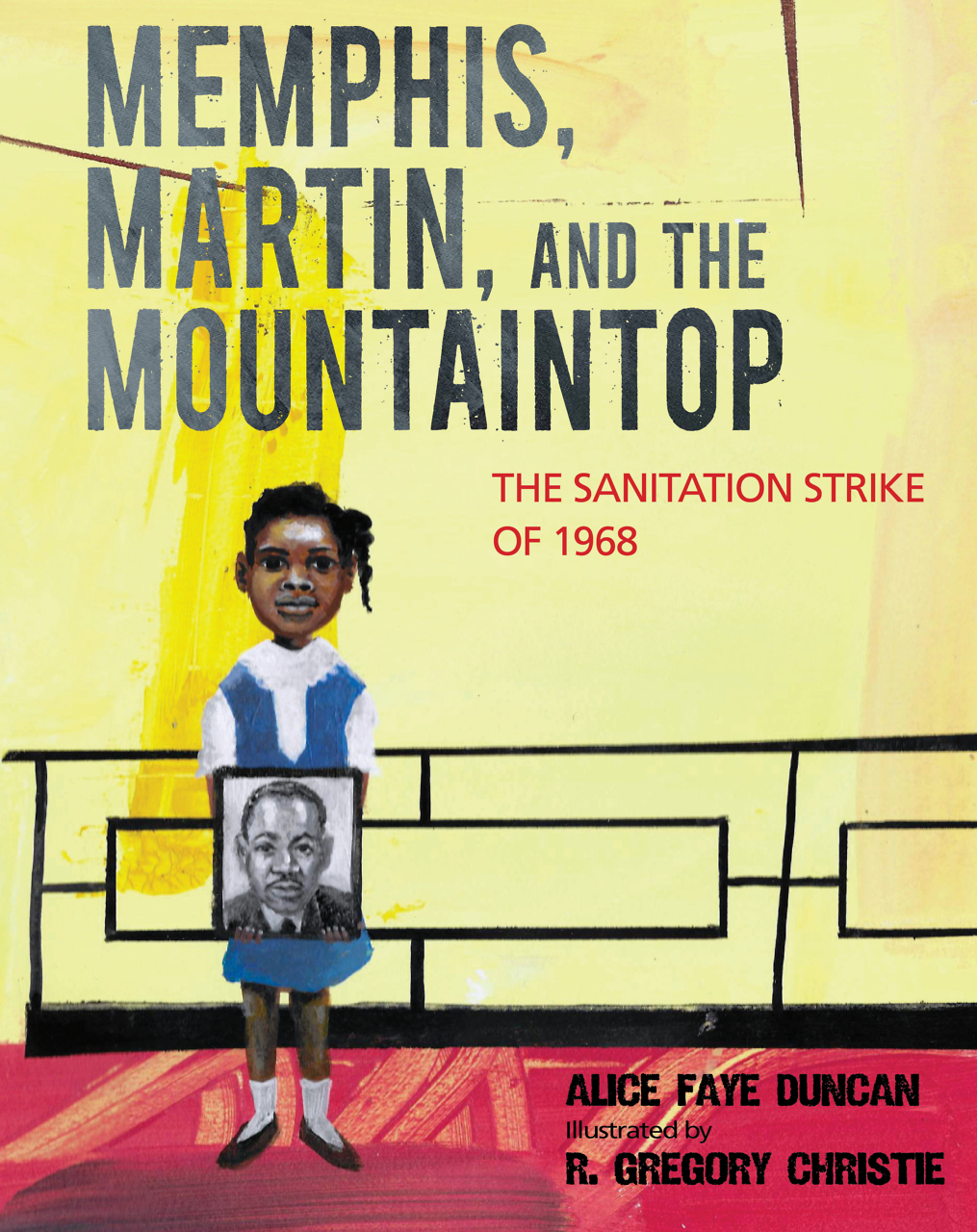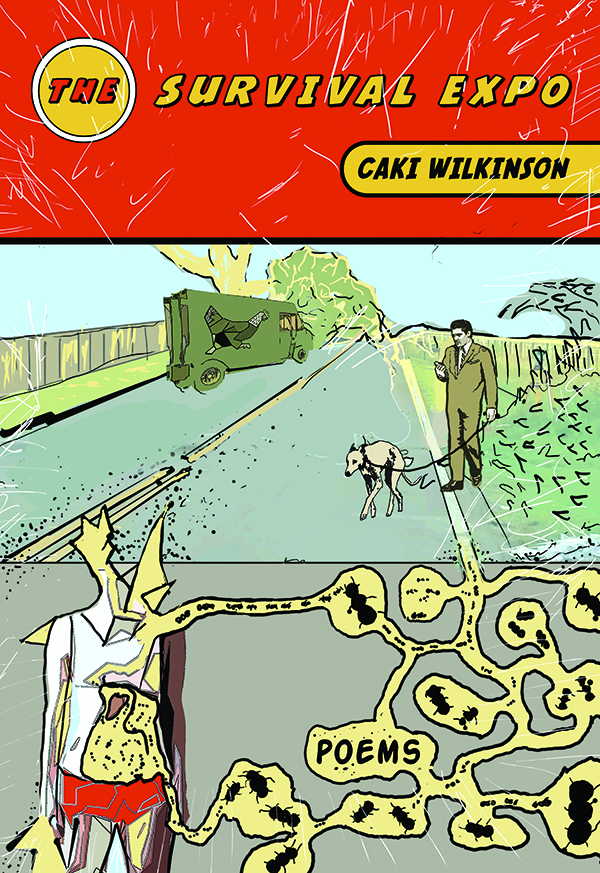"I Dream it Every Night"
In her charming memoir, Every Day by the Sun, Dean Faulkner Wells gives flesh and blood to the memory of William Faulkner—and of the Oxford of old
In 1950, when he received the Nobel Prize for Literature, William Faulkner secured his legend with an unforgettable address in which he proclaimed the writer’s duty and privilege “to help man endure by lifting his heart, by reminding him of the courage and honor and hope and pride and compassion and pity and sacrifice which have been the glory of his past.” Since that moment, Faulkner has been a bronzed icon, his “postage stamp of native soil,” Yoknapatawpha County, an allegorical staging ground for all the grand and small tragedies and triumphs of modernity. But to Dean Faulkner Wells, he was and will always be “Pappy,” the patriarch at the center of a quintessential extended Southern family whose history is no less compelling and instructive than the many tales Faulkner weaved from its common threads.
Wells’s own story reads like that of one of Faulkner’s heroines. Her father, Dean, a dashing air-show pilot, died in a plane crash before she was born, piloting a craft given to him by his brother William. The novelist bore the guilt of this gift, and of introducing his youngest brother to flying, for the rest of his life. “I have ruined your life,” he said to his brother’s widow, Louise. “It is my fault.” Four months later, “Dean Baby” was born at the center of the extended Faulkner household. Writing from Hollywood, where he was working as a screenwriter, Faulkner told his mother, “You take care of the girl until I can get there and do it.” When he returned to Oxford, he had himself declared the infant Dean’s legal guardian. “There has never been a Poor Little Fatherless Child more spoiled than I,” she writes. But young Dean would face her own traumas, growing up with an abusive, alcoholic stepfather. She would also have many of her own adventures, including a close brush with the horrific violence of the 1962 Oxford Riot on the eve of James Meredith’s enrollment as the first African-American student at Ole Miss.
As the last of her generation of Faulkners, Dean Faulkner Wells has provided an invaluable gift in Every Day by the Sun. Through her eyes, we see the legend of “The Old Colonel,” William Clarke Faulkner, as notorious for his impulsive, violent nature as for his extraordinary ambition and success. We see the rise and fall of the railroads and their transformative influence on the rural Deep South through the building of her great-grandfather’s Gulf and Chicago Railroad and the devastating blow its sale dealt to the hopes and ambitions of her grandfather. We see the Old South of loyal black house servants give way to the Civil Rights era, with young Dean among the few in her family to side with her uncle against the “Southern Way of Life.” (William Faulkner anonymously subsidized an underground newspaper published by Dean and a small group of anti-segregationist students at Ole Miss.) We hear the deep voice of Shelby Foote, not long from being a legend himself, on the porch of Rowan Oak after Faulkner’s funeral, dressing down an impertinent young “Old South” apologist with the admonition that “the young should be liberal, and the very young like you should be the most liberal of all.”
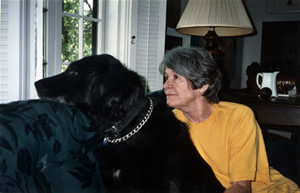 Moreover, we see the anxieties, weaknesses, and heroism of Dean Baby’s Pappy, who was, in his own words, “the sole, principal and partial support” of an extended family, somehow managing to keep them all afloat long before his name became familiar to the world’s readers. Written in a charming, lyrical style that evokes the slow, musical rhythms of a long conversation on a screened porch in the fragrant twilight of a Mississippi summer day, Every Day by the Sun would be well worth reading even if it weren’t true that Wells’s “Pappy” and self-appointed guardian happens to have been the greatest American writer of the twentieth century.
Moreover, we see the anxieties, weaknesses, and heroism of Dean Baby’s Pappy, who was, in his own words, “the sole, principal and partial support” of an extended family, somehow managing to keep them all afloat long before his name became familiar to the world’s readers. Written in a charming, lyrical style that evokes the slow, musical rhythms of a long conversation on a screened porch in the fragrant twilight of a Mississippi summer day, Every Day by the Sun would be well worth reading even if it weren’t true that Wells’s “Pappy” and self-appointed guardian happens to have been the greatest American writer of the twentieth century.
In expectation of her visit to Burke’s Book Store in Memphis, Wells answered questions from Chapter 16 via email.
Chapter 16: Toward the end of Every Day by the Sun, you describe the experience of watching your uncle’s statue being placed in the Oxford town square and remarking to yourself, “Aunt Estelle was right, he belongs to the world.” And yet one of the chief charms of the book is the image of the twentieth century’s greatest novelist in the stands watching his “Dean Baby” cheer for the Pee-Wee football game, waiting to take her home. Was there any particular moment when it became clear to you that your Pappy was not merely a famous writer, but destined for immortality?
Wells: Three moments of awareness stand out: the Intruder in the Dust movie premiere in Oxford, which I attended at the Lyric Theatre with the Faulkner family, and I saw the spotlight on Pappy and the whole town turned out in his honor; the next time was six years later when I was nineteen, walking down 5th Avenue in New York City with Pappy and Mr. Saxe Commins, and seeing heads turn as total strangers recognized Pappy; and a week later when I was in Paris and went to see the play Requiem for a Nun and was stunned to walk into the theatre and see Rowan Oak reproduced on the stage. It was as if Pappy was following me around the globe, and I was pleased and proud and a bit shaken by his influence and reach.
Chapter 16: I also especially enjoyed your anecdotes about Shelby Foote (who has recently been praised and remembered in a series of essays for Chapter 16 by notables such as Hampton Sides and Alice Randall). It pleased me to no end to read your description of Foote’s courtly conduct at your Pappy’s funeral and the retelling of his and Walker Percy’s first visit to Rowan Oak, which I had read once before in Jay Tolson’s biography of Percy, Pilgrim in the Ruins. How have you observed your uncle’s influence on the literary culture of Mississippi in the figure of authors like Foote, Percy, and Willie Morris?
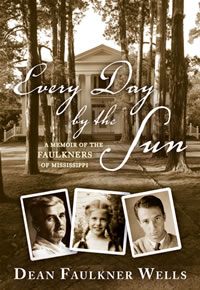 Wells: Those late, great authors, and many others like them, were touched by Pappy’s example, how he revered the written word and the Southern literary tradition that gave him a voice and his strength and a distinctive character in his style. (Every one of them, for example, could do a country mule justice on occasion.) They were bound to him in that sense, like combat soldiers sharing a foxhole, laboring for the love of words and the omnipresent and at times oppressive story-telling environment that drafted them into the writers’ army. It wasn’t as if any of them had a choice.
Wells: Those late, great authors, and many others like them, were touched by Pappy’s example, how he revered the written word and the Southern literary tradition that gave him a voice and his strength and a distinctive character in his style. (Every one of them, for example, could do a country mule justice on occasion.) They were bound to him in that sense, like combat soldiers sharing a foxhole, laboring for the love of words and the omnipresent and at times oppressive story-telling environment that drafted them into the writers’ army. It wasn’t as if any of them had a choice.
Chapter 16: One of the great strengths of your memoir is that you are not merely memorializing your life as a Faulkner, but also the whole breadth of life in Oxford through its most tumultuous years. Perhaps the most memorable instance of this is your personal account of the Oxford Riot, when two of your cousins found themselves ‘brother against brother’ on opposite sides of the integration issue. What was it like to be in the midst of this nightmare, particularly as one of the few dissenting voices against the tide of bigotry?
Wells: I was proud to support Miss Kate Baker and Prof. Jim Silver and Rev. Duncan Grey and my mother, Louise, who all fought the good fight, but the truth is, I was insulated and at home when it happened and was with them in spirit only. But when I heard the tramp of boots coming up University Avenue and knew that the 82nd Airborne had arrived, I ran into the yard holding my baby and cheered like a child. It was a tragic and sad time for Oxford but also a challenge which brought out the best in some of our leaders. I revere those courageous souls who spoke out against segregation at a time when it literally got some of them, such as Martin Luther King Jr. and JFK and Bobby Kennedy and Medgar Evers, killed. They gave America back the soul that it had lost.
Chapter 16: With the passing of Shelby Foote, we have lost perhaps the last great Southern novelist with a tangible, direct connection to William Faulkner. Outside of the deep South, there are still great novelists working in Faulkner’s tradition—Toni Morrison and Cormac McCarthy, foremost—and there are younger writers who have been favorably compared to Faulkner, some from Mississippi, like Brad Watson and Steve Yarbrough, whose most recent novel, Safe From the Neighbors, revolves around the legacy of the Oxford Riot. How do you see your uncle’s literary tradition evolving?
Wells: I do see Pappy’s legacy very much in Cormac and I hope he wins the Nobel even though he doesn’t want it. It’s the tragic view of the world that they all share, that and a love of people and the land and a shared sense of community and responsibility. That’s what Brad and Steve and younger writers are saying in their stories. Like Pappy, they strive to write about what will endure.
Chapter 16: I was struck by your comments about how Faulkner’s fame has directly and indirectly contributed to the evolution of Oxford from a quaint Southern college town into a popular tourist attraction and retirement destination. (Charlottesville has undergone the same sort of change.) How do you think your Pappy would feel about what’s become of Oxford or about the New South as we know it?
Wells: Well, he wouldn’t like the changes but he no doubt would recognize Flem Snopes’s descendants at work. He would despise the celebrity worship and emphasis on garnering wealth, being driven to learn a trade and nothing else, the Blackberries and iPhones and text-messaging, which of course can’t be good in the long run for American society or especially for the future of literature. What I hope, and I think Pappy would hope, is that since the human heart will always be in conflict with itself, and since good and evil will always battle for supremacy in the human soul, if writers will listen to their hearts and write the truth then the Southern literary [tradition] will survive and flourish in spite of ol’ Flem.
Dean Faulkner Wells will discuss Every Day by the Sun: A Memoir of the Faulkners of Mississippi at Burke’s Book Store in Memphis on April 21 at 5:30 p.m.
